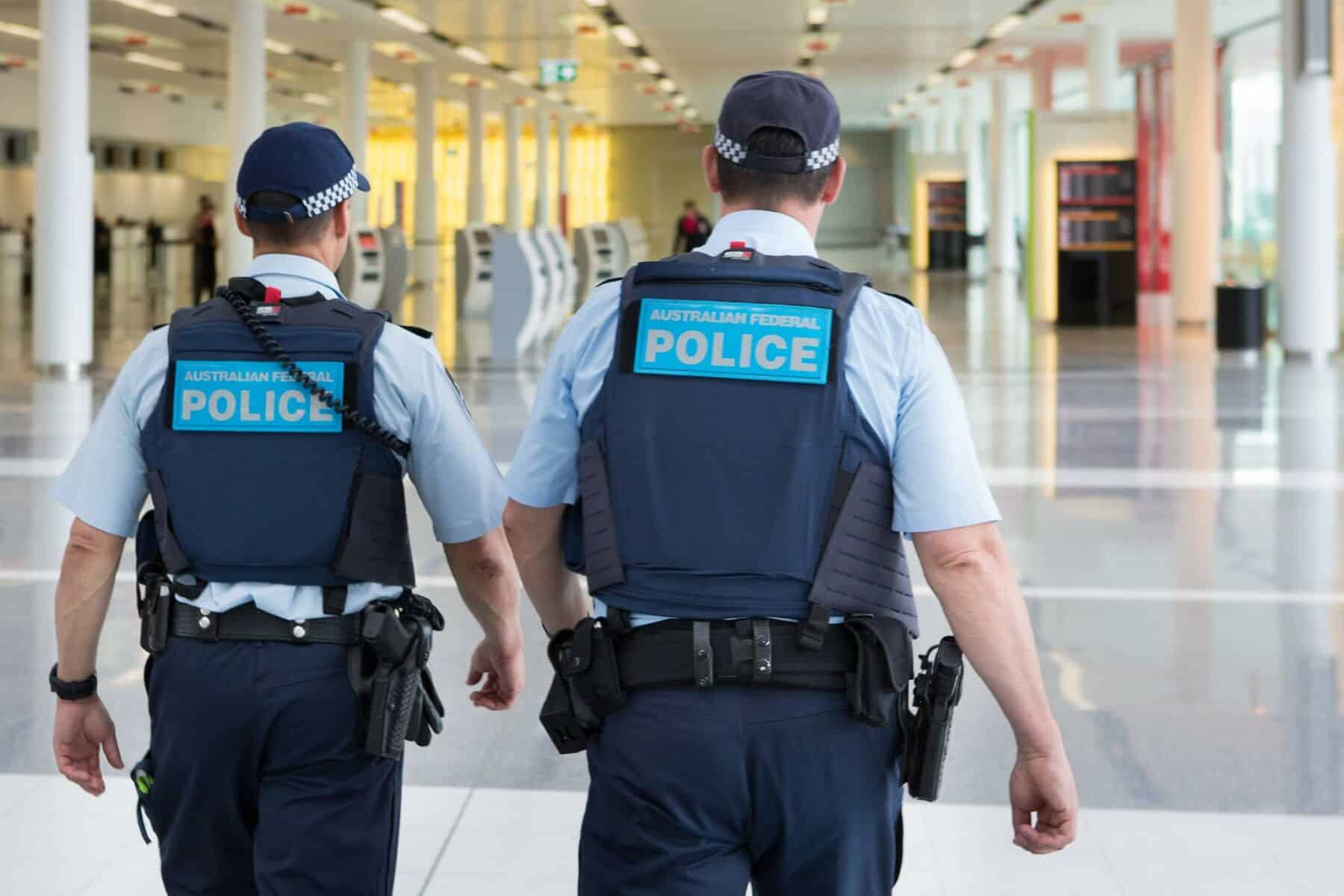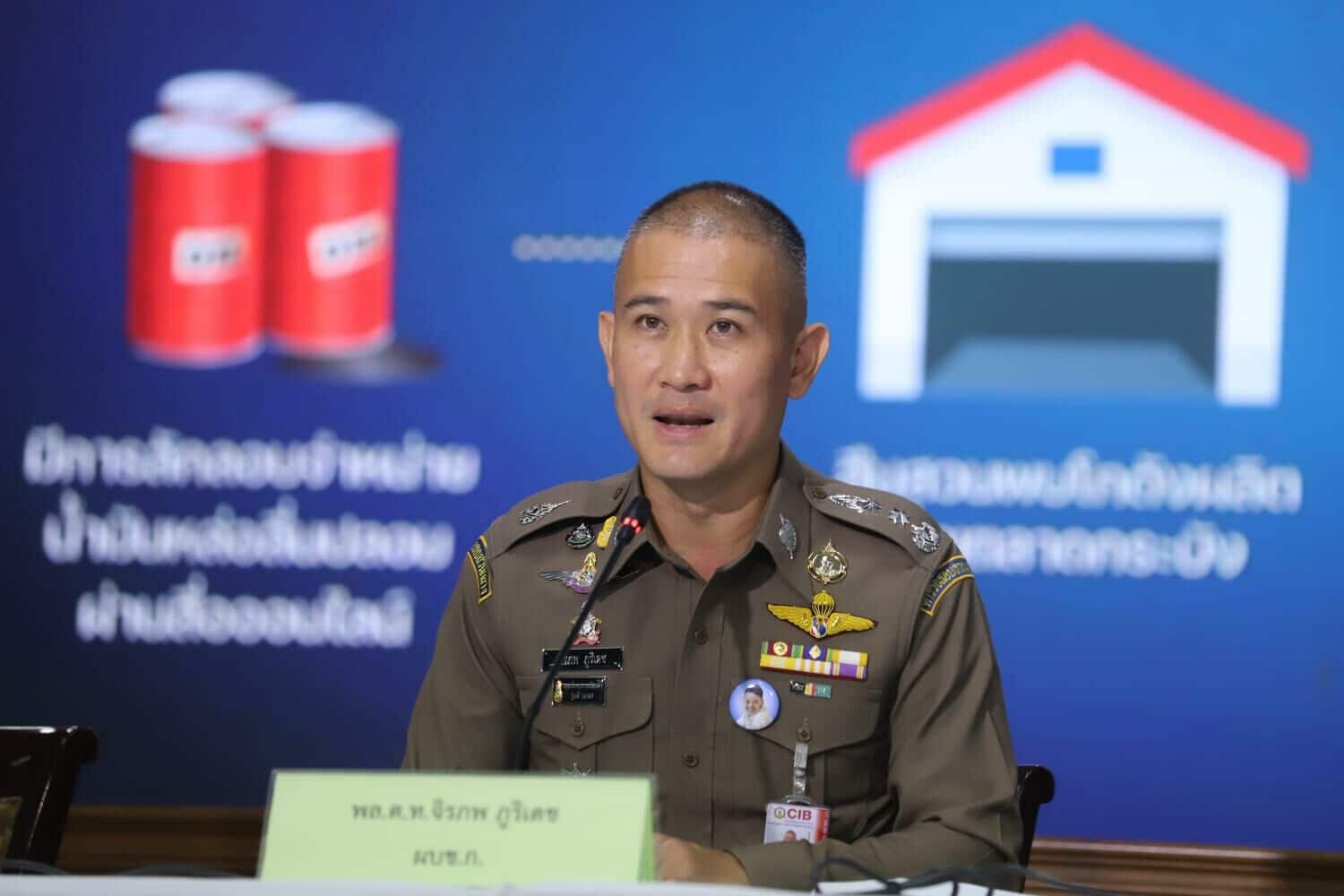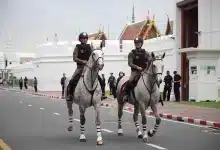Thai-Australian police unite to combat transnational crime networks

Thai and Australian police have initiated a collaborative operation to dismantle transnational criminal networks. This joint effort targets crimes like narcotics, child exploitation, and cryptocurrency-based money laundering, aiming to tackle complex issues that cross international borders.
Earlier this month, Police Lieutenant General Jirabhop Bhuridej, Commissioner of the Royal Thai Police’s Central Investigation Bureau, led a delegation to Australia for discussions with the Australian Federal Police.
“The nature of transnational crime today demands real-time intelligence, cross-border cooperation, and technological integration,” Pol. Lt. Gen. Jirabhop stated. “We are no longer looking at isolated operations. Our goal is to build a seamless network of collaboration.”
During the visit, both parties emphasized the significance of joint task forces and information-sharing mechanisms. Thai officers highlighted their expertise in regional intelligence, particularly in the Greater Mekong Subregion, while the AFP introduced tools and systems for global crime surveillance.
“The Australians appreciated our operational agility. Our officers are trained to navigate difficult terrains and access hard-to-reach locations, which is often where these criminal networks operate.”

Drug trafficking emerged as a key discussion topic. Thailand plays a crucial role in the route from production hubs in Myanmar’s Shan State to markets in Australia.
“Crystal methamphetamine remains the dominant drug entering Australia from Southeast Asia,” Pol. Lt. Gen. Jirabhop explained. “It’s cheap to produce, potent, and fetches a high price, making it extremely lucrative for organised crime groups.”
Other drugs, such as MDMA and heroin, are also prevalent, particularly among younger users and in nightlife circles. The AFP shared intelligence indicating that drugs are often concealed within legitimate shipping containers filled with electronics, household items, or auto parts to bypass border inspections.
In response, Thailand and Australia are exploring preemptive strategies, including enhanced cargo screening and intelligence sharing on traffickers and smuggling routes. A potential development is the creation of a joint database for real-time tracking of shipments and suspects.
Crypto crackdown
Beyond traditional smuggling, criminal enterprises are increasingly using digital currencies for money laundering. “Cryptocurrency is the new frontier for criminals. They trade anonymously, move money quickly, and evade conventional financial oversight.”

While the AFP has advanced crypto-tracking technology, Thailand faces legal and structural challenges. Current Thai law lacks clarity on the status of digital assets as admissible evidence in criminal cases, complicating efforts to freeze or seize funds.
“Despite the challenges, we are progressing. We’re working with partners like Interpol, Aseanapol, and financial intelligence units such as AMLO and AUSTRAC to tighten controls on illicit money flows.”
Both countries are also investing in law enforcement’s future through technology, leadership training, and inter-agency coordination. One promising area of collaboration is data management. The CIB’s Big Data Centre is of interest to the AFP, which has developed similar systems for predictive policing.
“We had extensive discussions about Thailand’s Big Data Centre and how it can be aligned with the AFP’s Investigation Management System. There’s much we can learn from each other, particularly in terms of system architecture and application in real-world cases.”
This technological synergy was echoed in talks with the Australian Criminal Intelligence Commission, which operates the National Criminal Intelligence System, centralising crime data from across Australia.
“We see this as a model worth emulating. Centralising crime data helps agencies respond faster, identify patterns earlier, and avoid duplication of effort.”
Police training
Leadership development was also a key focus. Thai officials engaged with the Australian Institute of Police Management to discuss training programmes. Plans include sending Thai officers to Australia for advanced courses and inviting Australian trainers to Thailand.
“Good leadership is the backbone of effective policing. It’s not just about catching criminals— it’s about building institutions that can adapt, innovate, and lead in a fast-changing world.”
An innovative example is the Joint Policing Cybercrime Coordination Centre in Australia, a hub that unites police, cybercrime experts, banks, and tech firms with shared databases and real-time coordination.
“It’s exactly the kind of integrated approach we need. We aim to replicate this model in Thailand to better tackle cybercrime and financial crime.”
As transnational criminal threats grow more sophisticated, Thailand and Australia’s shared commitment to public safety is becoming crucial for regional stability, reported Bangkok Post.
“It’s clear both our nations face common threats,” Pol. Lt. Gen. Jirabhop stated. “By standing together through joint operations, intelligence sharing, and institutional development, we send a message to criminal networks that we are ready, connected, and resolute.”
With plans to formalise cooperation through structured frameworks and regular exchanges, both sides remain optimistic.
“This is only the beginning, We’re building something that will endure— a partnership for peace, safety, and justice across our nations.”
Latest Thailand News
Follow The Thaiger on Google News:


























